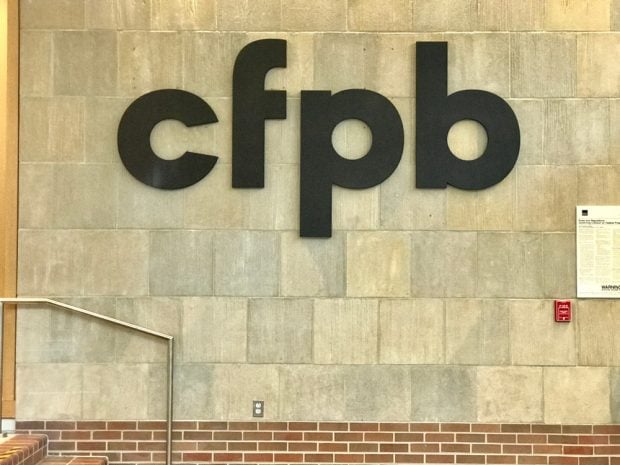 Credit/Shutterstock
Credit/Shutterstock
In its most recent proposal, the CFPB has drafted a new rule to prohibit non-sufficient funds (NSF) fees on transactions declined right at the swipe, tap or click. According to the CFPB, the proposal would prohibit financial institutions from engaging in this practice across all instantaneously declined transactions, regardless of transaction method, including declined debit card purchases, ATM withdrawals and some declined peer-to-peer payments.
Credit union leaders are once again raising their disapprovals at what has become the CFPB's central focus as of late to get rid of what the Bureau calls the banking institution's use of "junk fees."
Recommended For You
In a statement published Thursday, America's Credit Unions President/CEO Jim Nussle said, "The CFPB is once again stretching its UDAAP authority beyond Congressional intent and is trying to publicize an uncommon practice under the guise of yet another misleading 'junk fees' proposal that will ultimately foster resentment between the consumer and their financial institution. While the Bureau continues to confuse activity for progress, America's Credit Unions will always stand beside our members to ensure regulatory overreach is addressed because at the end of the day, they know their community best."
The CFPB admitted while it understands that financial institutions "almost never charge fees for transactions that are declined in real time at the swipe, tap or click," the proposal is a "proactive step to ensure financial institutions do not impose them."
Virginia Credit Union League President/CEO Carrie Hunt said, "CFPB continues to target legitimate fees that enable not-for-profit credit unions to cover the costs of doing business as they serve their members under the guise of consumer protection. We will vigorously oppose measures like this NSF fee ban, as well as the Bureau's recent proposal on overdraft programs because both threaten our ability to operate in a free market system. The League strongly supports consumer protection, and we remain a trusted, consumer-friendly banking alternative, but CFPB is undermining our ability to remain competitive and relevant in a marketplace dominated by for-profit banks. These proposals inject a dangerous level of risk into the equation for credit unions, leaving us no good options to offset fraud losses, charge-offs and business-related costs."
Hunt added, "We continue to sound the alarm because the stakes are so high in these various fights on both the legislative and regulatory fronts. While your League remains active and engaged on these issues, it's critically important that credit unions are, as well. With pending action by the Federal Reserve Board on debit card interchange fees, an ongoing legislative battle on credit card interchange fees, and CFPB's recent proposals, every credit union needs to understand that their engagement on the advocacy front has never been more important."
Comments on the proposed rule are due by March 25, 2024.
© Touchpoint Markets, All Rights Reserved. Request academic re-use from www.copyright.com. All other uses, submit a request to [email protected]. For more inforrmation visit Asset & Logo Licensing.







